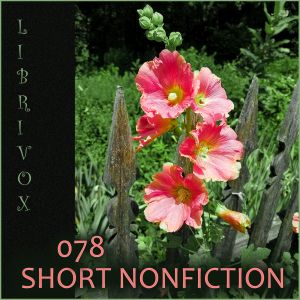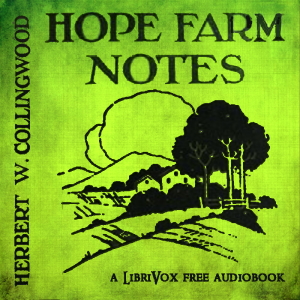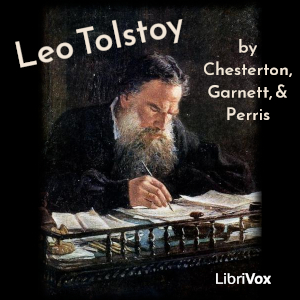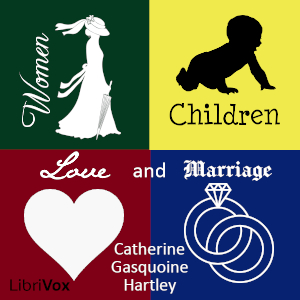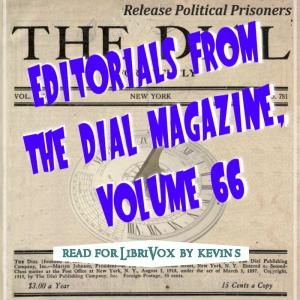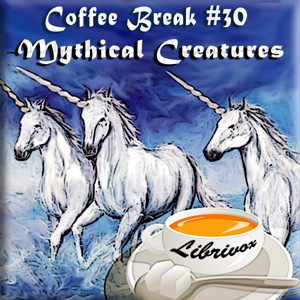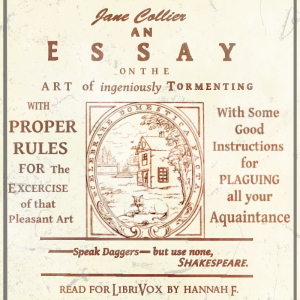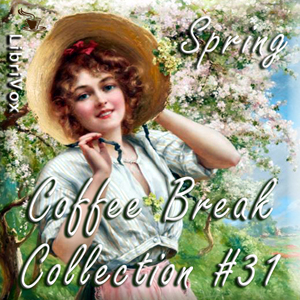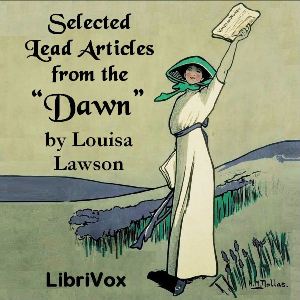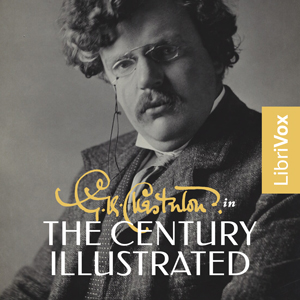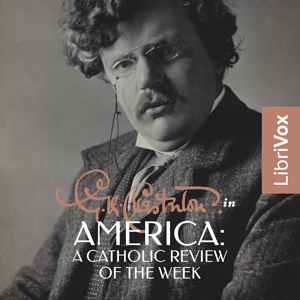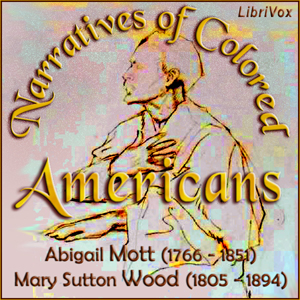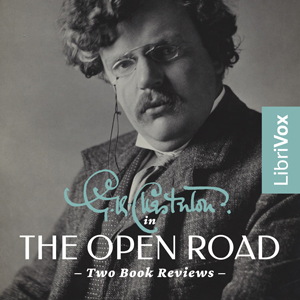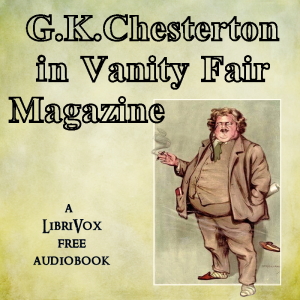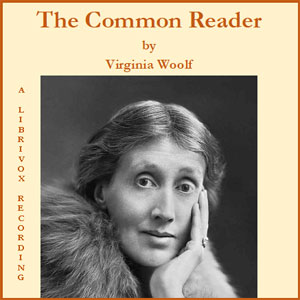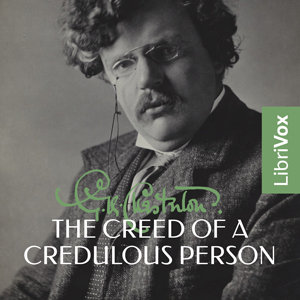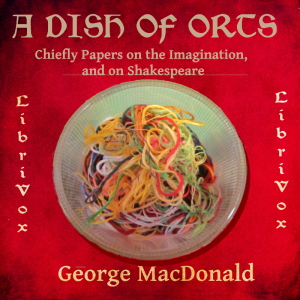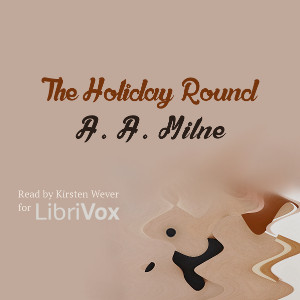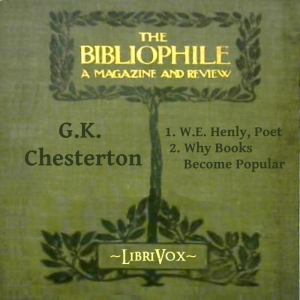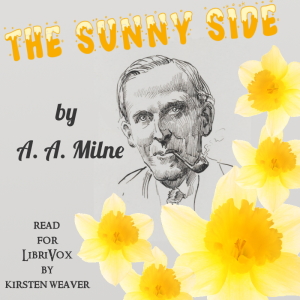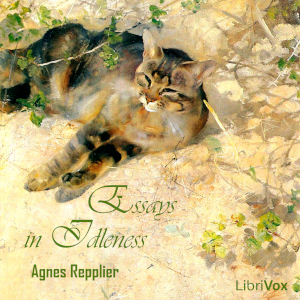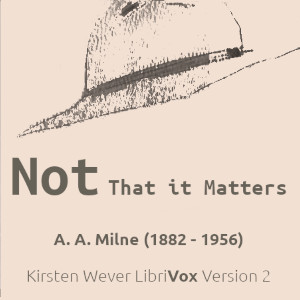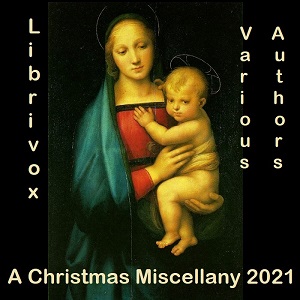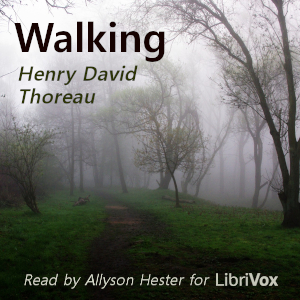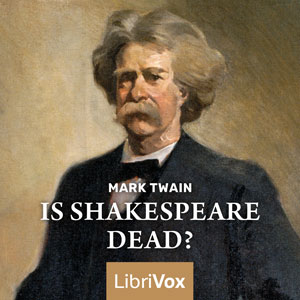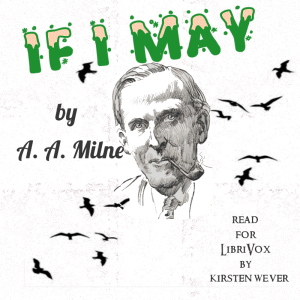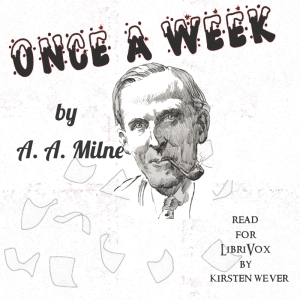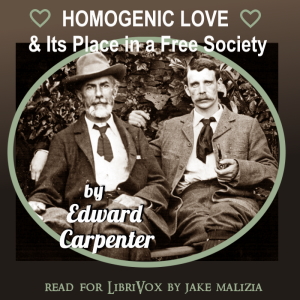Category Archives: Essay/Short nonfiction
Audiobook: Short Nonfiction Collection, Vol. 078
Twenty short nonfiction works, chosen by the readers. “That thing up there on the stand
Audiobook: Hope Farm Notes
“Most of these notes were originally printed in the Rural New-Yorker from week to week
Audiobook: Leo Tolstoy
Three men of letters give insightful essays on the work of Leo Tolstoy. (Summary by
Audiobook: Women, Children, Love and Marriage
This book contains a number of essays about various subjects pertaining to women, children love
Audiobook: Editorials from The Dial magazine, Volume 66
Editorials published in Volume 66 of The Dial magazine, a fortnightly political and literary review.
Audiobook: Coffee Break Collection 030 – Mythical Creatures
This is the 30th Coffee Break Collection, in which LibriVox readers select and read stories
Audiobook: Essay on the Art of Ingeniously Tormenting
An Essay on the Art of Ingeniously Tormenting was a conduct book written by Jane
Audiobook: Coffee Break Collection 031 – Springtime
This is the 31st Coffee Break Collection, in which Librivox readers select and read 20
Audiobook: Selected Lead Articles from “THE DAWN”
Louisa Lawson, the mother of Australian writer Henry Lawson, was the founder, publisher and editor
Audiobook: G.K. Chesterton in The Century Illustrated Magazine
A collection of 5 articles/essays and 2 letters written by G.K. Chesterton in “The Century
Audiobook: G.K. Chesterton in America: A Catholic Review of the Week
A collection of 15 articles/essays written by G.K. Chesterton in “America: A Catholic Review of
Audiobook: Narratives of Colored Americans
Abigail Mott was a Quaker and abolitionist from New York who, along with fellow Quaker
Audiobook: Coffee Break Collection 032 – Wilderness
This is the 32nd Coffee Break Collection, in which Librivox readers select and read stories
Audiobook: G.K. Chesterton in The Open Road
A collection of 2 book reviews written by G.K. Chesterton in “The Open Road”, both
Audiobook: G.K. Chesterton in Vanity Fair Magazine
A collection of 12 articles/essays that G.K. Chesterton wrote for Vanity Fair magazine in 1920-1921,
Audiobook: Common Reader
A collection of essays by Virginia Woolf, some of which originally appeared in the Times
Audiobook: Creed of a Credulous Person
A series of five essays by G.K. Chesterton, published in “Black and White” magazine in
Audiobook: Dish of Orts: Chiefly Papers on the Imagination, and on Shakespeare
Readers of George MacDonald are used to his engaging story-telling, winsome characters, and simple theology
Audiobook: Holiday Round
Alan Alexander Milne, popularly known as A. A. Milne, is best known – perhaps to
Audiobook: G.K. Chesterton in The Bibliophile Magazine
Two essays/articles by G.K. Chesterton, published in ‘The Bibliophile’ magazine in 1908. (Summary by Maria
Audiobook: Sunny Side (Version 2)
A. A. Milne is best known for his creation of the perennially popular Winnie the
Audiobook: Essays in Idleness
Agnes Repplier was a popular and highly regarded essayist of the late 19th and early
Audiobook: Not That it Matters (Version 2)
A. A. MILNE: …was best known for the perennially popular Pooh (Winnie the), arguably one
Audiobook: G.K. Chesterton in The British Review
Four articles/essays written by G.K. Chesterton for “The British Review”. These were published in 1913
Audiobook: Christmas Miscellany 2021
Seven chapters involving Christmas from different books. Plus part 8 which is twelve verses about
Audiobook: Walking (Version 2)
This was originally titled “The Wild” and is a lecture given by Thoreau in 1851
Audiobook: Is Shakespeare Dead?
A short, semi-autobiographical work by American humorist Mark Twain. It explores the controversy over the
Audiobook: If I May (Version 2)
A. A. Milne, best known as the creator of Winnie the Pooh, was a prolific
Audiobook: Once A Week (Version 2)
Once A Week is a collection of short stories and slightly longer vignettes which were
Audiobook: Homogenic Love and Its Place in a Free Society
This pamphlet by LGBT pioneer and philosopher Edward Carpenter was originally intended to form part

